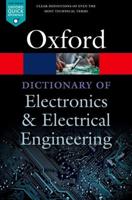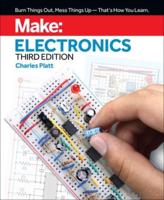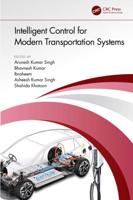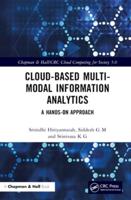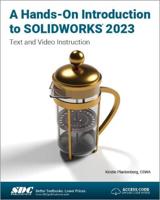Publisher's Synopsis
Analog-to-digital (A/D) converters are key components in digital signal processing (DSP) systems and are therefore receiving much attention as DSP becomes increasingly prevalent in telephony, audio, video, consumer products, etc. The varying demands on conversion rate, resolution and other characteristics have inspired a large number of competing A/D conversion techniques. Sigma Delta Modulators: Nonlinear Decoding Algorithms and Stability Analysis is concerned with the particular class of A/D techniques called oversampled noise-shaping (ONS) that has recently come into prominence for a number of applications. The popularity of ONS converters is due to their ease of implementation and robustness to circuit imperfectors. An ONS converter consists of an encoder that generates a high-rate, low-resolution digital signal, and a decoder that produces a low-rate, high-resolution digital approximation to the analog encoder input. The conventional decoding approach is based on linear filtering. Sigma Delta Modulators presents the optimal design of an ONS decoder for a given encoder. It is shown that nonlinear decoding can achieve gains in signaling ratio and the encoder architecture. The book then addresses the instability problem that plagues higher-order ONS encoders. A new stability concept is introduced that is well-suited to ONS encoders, and it is applied to the double-loop encoder as well as to the class of interpolative encoders. It is shown that there exists a trade-off between stability and SNR performance. Based on the results, explicit design examples are presented. Sigma Delta Modulators: Nonlinear Decoding Algorithms and Stability Analysis is a valuable reference source for researchers and engineers in industry and academia working on or interested in design and analysis of A/D converters, particularly to those working in quantization theory and signal reconstruction, and can serve as a text for advanced courses on the subjects treated.

